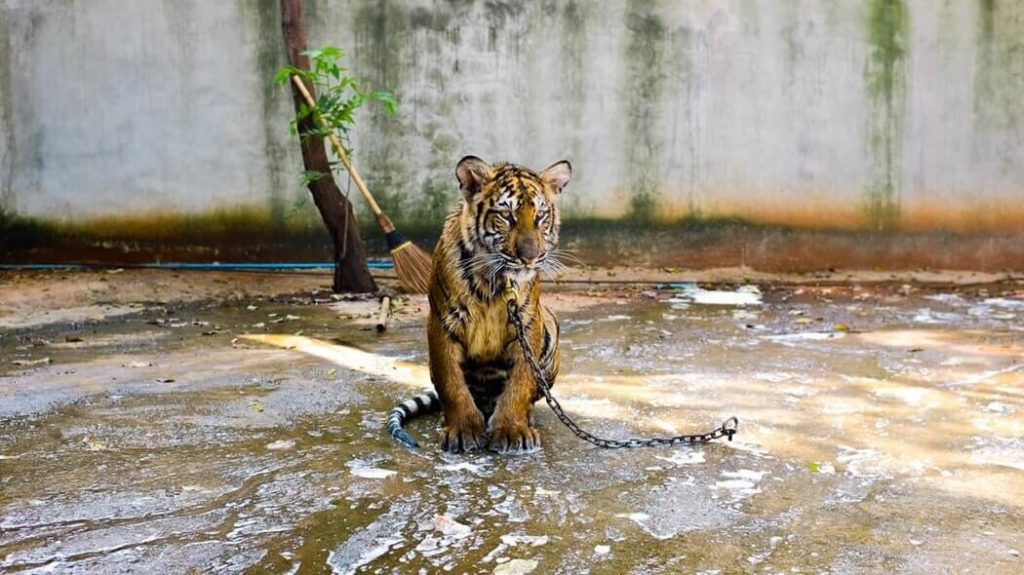A federal bill has been reintroduced to the United States Senate in an effort to better animal welfare nationwide by banning the possession of big cats, including tigers and lions.
The bill, Big Cat Public Safety Act HR1818, first entered the House in March last year by House Representative Jeff Denham. This piece of legislation has been pushed again amid increasing reports of animal welfare neglect circulating the Internet. Specifically, a tiger was caged and put on display at a prom in Miami, Florida this May. Another incident involved a tiger cub concealed within a duffel bag being taken across the border into Mexico, and yet another situation involved an adolescent tiger roaming free in Texas. These news stories turned people on edge for their own safety and also incited backlash from those concerned about the animal’s welfare.

“This common-sense bill is an urgently needed answer to the problem of big cats kept in unsafe and abusive situations around the country,” Prashant Khetan, CEO and general counsel of animal welfare organization Born Free USA, said in a statement. “Thousands of big cats are currently owned as pets or maintained in ill-equipped roadside zoos and menageries, which pose a severe risk to the safety of people in surrounding communities, as well as the welfare of the cats themselves. It’s about time that we had a federal law that can serve to stop this inhumane practice around the country.”
If the bill is passed, it would prohibit the private individual ownership of big cat species. The organizers behind the Big Cat Act have striven to close existing loopholes in the previous draft of the bill by ensuring that the only parties who would be theoretically allowed to own big cats would be highly qualified wildlife sanctuaries and exhibitors who have obtained a license from the US Department of Agriculture. This is the most effective way to ensure all parties comply with public and animal safety standards, according to the authors of the bill.

“Relying on accredited sanctuaries to take in unwanted and usually neglected big cats is not a viable solution to the big cat crisis in this country,” Carole Baskin, founder and CEO of Big Cat Rescue, told World Animal News. She later noted it costs the organization $10,000 per year to feed just one rescued tiger. “When big cats are wrongly kept as pets or cruelly exploited in entertainment businesses, they often endure tremendous suffering for years in deplorable conditions with inadequate nutrition, and little, if any, veterinary care. Then, when the owners no longer want the cats or they are seized by the authorities, the substantial financial burden to house, feed, and provide long-term vet care for these big cats falls upon sanctuaries. The Big Cat Public Safety Act will finally address the inhumane treatment of the vast majority of big cats in America.”


